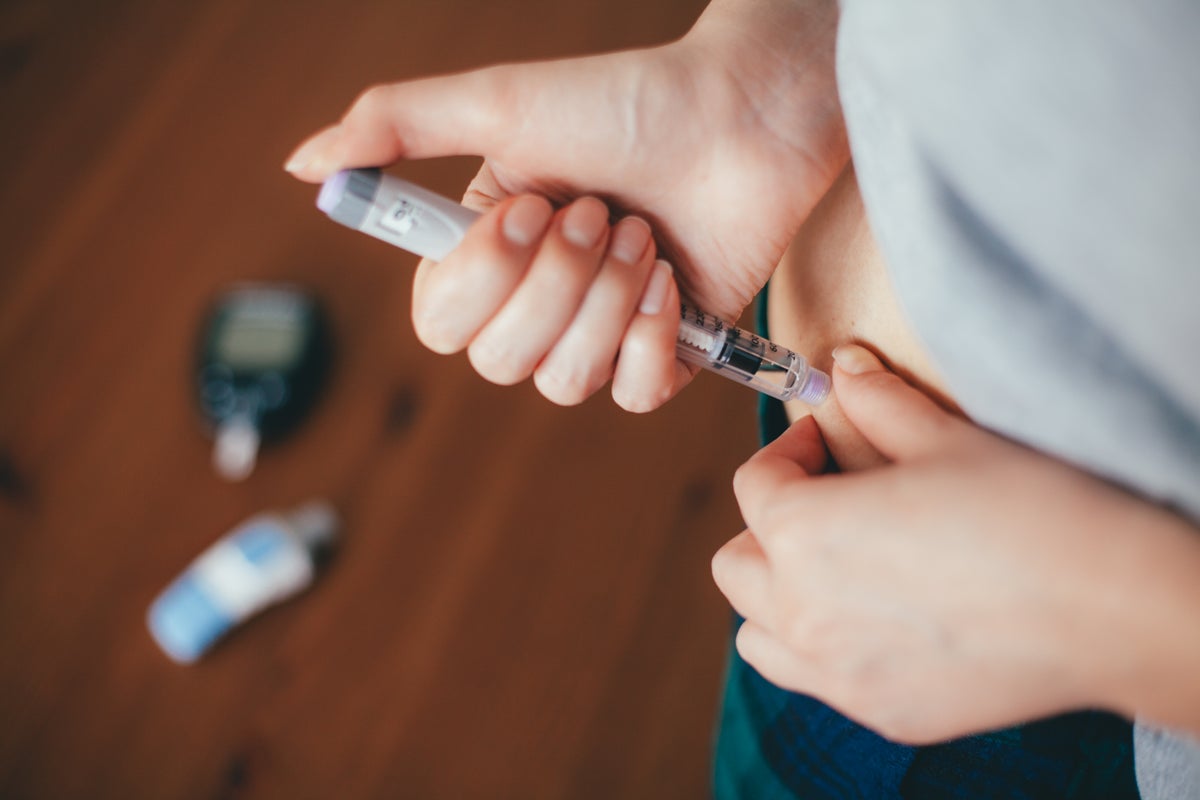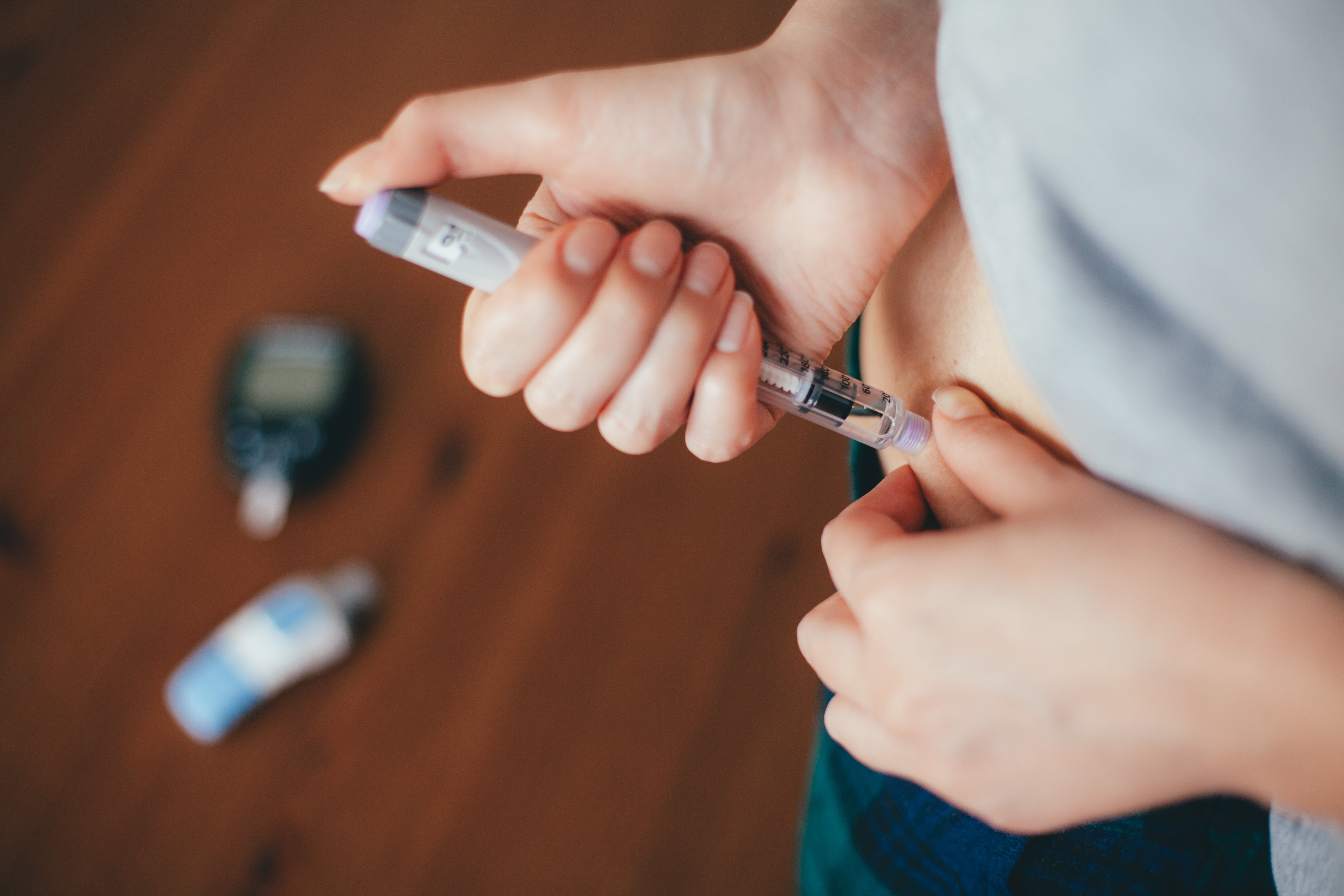
Scientists have identified a protein that they say could replace insulin therapy for people with diabetes.
A research team at the University of Geneva (UNIGE) has been working on an alternative approach to insulin for several years, based on the S100A9 protein.
The protein – tested on diabetic mice - can significantly improve metabolism rate and regulate blood glucose, lipids and ketones, a chemical produced by the liver when the body doesn’t have enough insulin to turn glucose into energy.
The study has also discovered an anti-inflammatory effect triggered by the protein, which could be used to treat inflammatory disorders elsewhere.
Insulin is most commonly used to treat type 1 diabetes, but it is also prescribed in more severe forms of type 2 diabetes.

Type 1 diabetes, also known as juvenile diabetes or insulin-dependent diabetes, occurs when the body cannot produce a hormone called insulin, which controls blood glucose. Those living with the condition must inject themselves with insulin either manually, using an insulin pen, or with a pump which continuously drip-feeds insulin. There is currently no cure.
In type 2 diabetes, the pancreas typically cannot produce enough insulin. Diabetes UK reports that common treatments for type 2 include keeping a healthy weight, being active, weight loss surgery, and taking medications such as tablets and injections, which can include insulin. Some cases can be brought into remission.
But for all its life-saving benefits, insulin can come with side effects. “Life-threatening hypoglycaemia, negative impact on fat metabolism and increased cholesterol: these are some severe side effects of insulin.
“This is why we are looking to develop complementary or alternative treatments that are more effective and less dangerous”, said Roberto Coppari, a professor and coordinator of the Diabetes Centre of UNIGE Faculty of Medicine.
The scientists will initially test the drug in combination with low doses of insulin, but it does not rule out the possibility of using S100A9 protein alone in the future.
According to type 1 diabetes charity JDRF UK, approximately 400,000 people are currently living with type 1 diabetes in the UK, including around 29,000 children.







